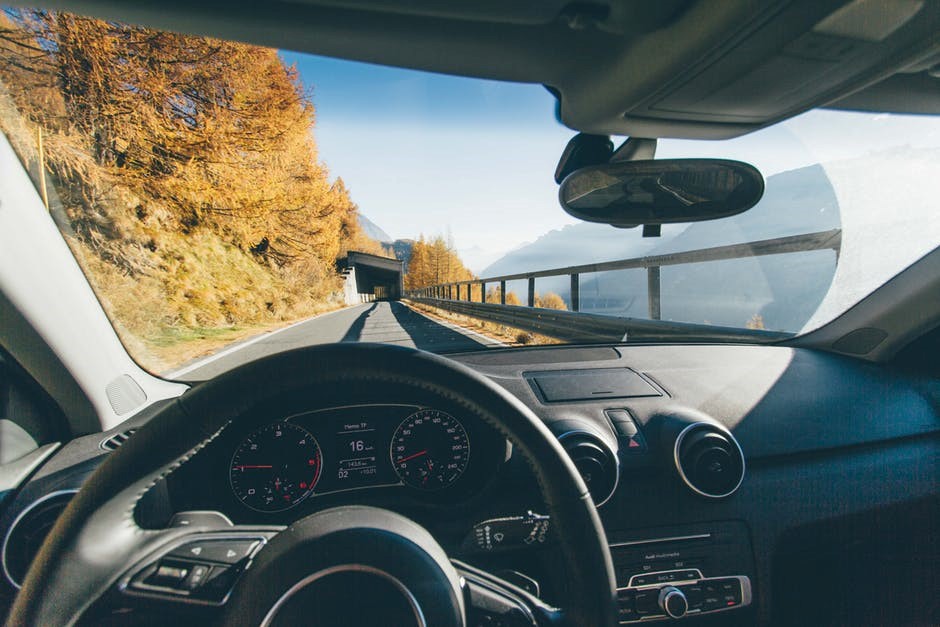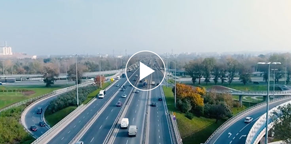By: Gabriella Dill

Life is a Highway, Drive it Responsibly
You may not think about it often, but transportation is a huge part of everyday life. Driving your own car is usually the most convenient way to get to work, get your children to school, or just for running errands. The thing to remember is that when you move to or visit another country, that country may not have the same road laws and customs that you are used to.
Driving a car is a big responsibility, without knowing the rules of the road you could put yourself, your family, and others into danger. In order to get to your destination safely it is important to be familiar with the laws as well as the driving customs that the drivers around you will expect you to know. These are the top five things that I’ve noticed and experienced when driving in other countries and throughout the U.S.
Your License:
First and foremost you need to be sure you’re allowed to be driving in the country you’re in. If you travel abroad, they may require a visitor’s license or an IDP (International Driving Permit). An IDP can be acquired in your home country. It translates your license to the language of the country you’re visiting, it does not replace your license or your ID. Some countries do not require this as long as one of their main languages matches your license.
Speed Limits:
Know which unit of speed is used (Mph vs. Kph). Which is the dominant unit on the car you are driving? Usually they match up; however, I did find myself speeding excessively before I realized the car was in Mph and the speed limit was posted in Kph. Whoops. Luckily I realized before I was pulled over.
Road Taxes:
In Switzerland, you are required to have an “Autobahnvignette” to drive on the motorways. It costs 40 CHF and is a sticker that you pay for annually. In the U.S. there are tolls, which can be paid with cash or an electronic toll collector like E-ZPass. If you pay with cash, you line up and drive up to a window to give the toll booth attendant money. Using an E-ZPass or SunPass is simple. These are examples of electronic devices that are placed on your dashboard or windshield; as you drive through the specified lane, a sensor registers it and immediately takes the exact amount of money owed for the toll out of a prepaid account.
If you find yourself on a road that requires a toll, but it doesn’t have a toll booth attendant for cash, and you don’t have one of the electronic payments, a camera will photograph your license plate and send you a bill in the mail. Toll costs vary by road and state.
Honking:
Honking is mostly an aggressive reaction. People will honk to prevent an accident or if you don’t go fast enough at a green light. Pretty much anything that makes another driver mad. It can sometimes be to get your attention to tell you something, maybe your gas tank is open, or your lights aren’t on. In some places, Barbados for example, honking can be a nice way to say “hello” if you see someone you know!
General Laws:
There are many laws, and it’s hard to know them all for every country you travel to but here are a few that I thought were important to know. To learn more rules, research each country individually:
- Seatbelts: In Switzerland, seatbelts are required both in the front and back seat at all times. In America, it varies by state.
- Phones: This varies by state and country but in order to stay safe always use hands-free/Bluetooth for talking, and no texting.
- Lights: In Switzerland, your lights are required to be on at all times. In the states your lights should be on 30 minutes before sunrise, 30 minutes after sunset, in fog, and if it’s raining.
- Crosswalks: Pedestrians always have the right of way when they are on a crosswalk also known as a “zebra crossing.” Unless they have a red light when crossing.
- Side of the Road: Just be sure you’re driving on the correct side of the road. In America you should be driving on the right, in England and Barbados, it’s the opposite, and you would be driving on the left, for example.
I have driven in five different countries, and I have seen so many differences on the roads. In Thailand, it seemed as if there were no laws to driving at all except not to crash! In Switzerland and America, the laws are pretty well enforced. I hope this information and these tips have given you an insight into driving in a new country and will help you to get to your destination safely. So, wherever you decide to drive, make sure to be educated on the laws of the road and drive responsibly!
Related: How To Show Love For Your Car – 5 Tips For Maintaining Your Car






